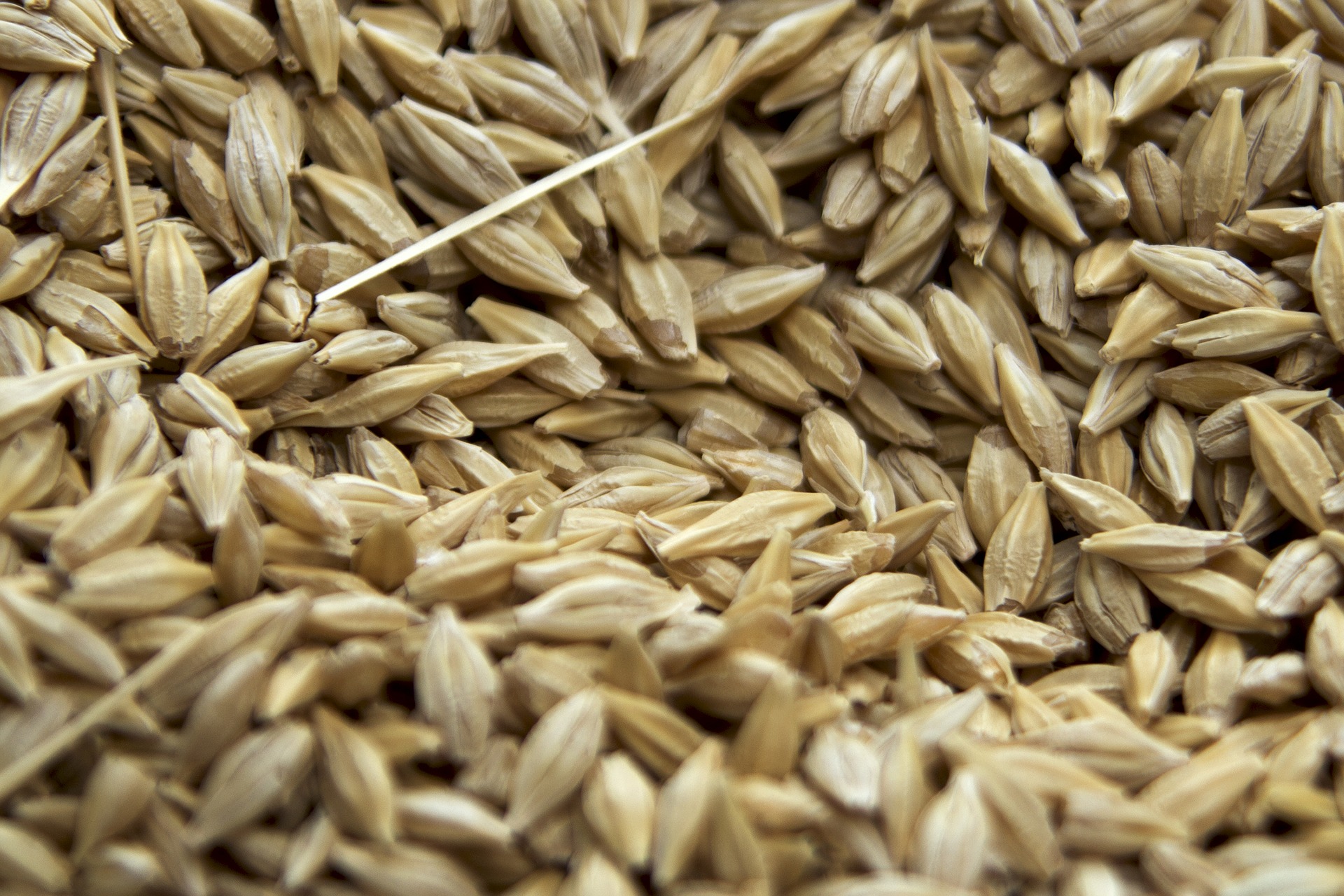As Seeds Canada moves ahead with four partners instead of five, the seed industry attempts to mend fences as it determines a clear path forward.
For Andrew Ayre, there isn’t a worse time than right now to try and find consensus in an industry responding to the results of the August Seeds Canada voting results.
“With the whole pandemic situation, people have so many other concerns. They’re not getting together socially to get feedback from each other and have good, constructive discussions. It’s an unusual time where people are isolated from one another, and for many that made the vote kind of a non-event,” says the past-president of the Manitoba Seed Growers’ Association.
Renee Hoyme, president of the Alberta Seed Growers, echoes similar sentiments when it comes to timing. Seed growers are busy pretty much all the time, but harvest season makes it even more difficult to get a handle on the current moment and what the next steps might be after the vote, she says.
“Everyone’s been busy in the field. I really haven’t heard much of anything after the vote. It kind of just happened and then fell by the wayside for most people as it was time to get out into the field.”
Back in August, the Seed Synergy partners announced that the proposal to form a national seed organization would not go ahead as planned, after Canadian Seed Growers’ Association (CSGA) members voted down the proposal to amalgamate the industry’s five dedicated seed associations into one.
The CSGA is the lone organization which did not achieve the two-thirds level of voting member support required for the proposed amalgamation. Fifty-five percent of the 751 CSGA votes cast were against the proposed merger. The other four organizations involved — the Canadian Plant Technology Agency (CPTA); Commercial Seed Analysts Association of Canada (CSAAC); Canadian Seed Institute (CSI); and Canadian Seed Trade Association (CSTA) — all voted yes to the proposal.
Vocal Minority
The amalgamation vote was the culmination of five years of work by the Seed Synergy partners (made up of the five Seeds Canada organizations and CropLife Canada). According to sources, over $2 million was invested during this period, almost half of which was spent on the Seeds Canada amalgamation project.
The boards of the five Seed Synergy partners recommended the proposed amalgamation to their members in June 2020. CSGA member opposition began to surface in mid-July. Negative sentiment increased in early August when growers received email correspondence opposing the amalgamation. Momentum shifted in favour of the no side shortly thereafter.
Even though only 22 per cent of eligible CSGA members cast a vote, Hoyme notes engagement was higher than typically seen due to the fact voting was done remotely.
“Making the decision to do distance voting helped in that we had bigger turnout than you’d see at a regular annual general meeting, but the turnout still wasn’t what you want to see for something as huge as an amalgamation proposal,” Hoyme says.
According to Eric McLean, who represents Manitoba seed growers on the CSGA national board and was to sit on the inaugural board of Seeds Canada, virtual distance voting likely bolstered voting among a vocal minority.
“In my opinion, the no vote was spurred on by a small group of people who were very quiet over the last five years,” says McLean, owner of J.S. Henry and Son.
“Normally we get about 10 per cent member engagement and we got over 20 per cent engagement with this vote, and that extra 10 per cent was made up of people largely informed by the no side. Unfortunately, a lot of other seed growers didn’t think they needed to vote.”
Ayre believes the result may have been different had more people cast a ballot.
“Percentage-wise, I think there it was a high turnout on the no side. It tells me a lot of the seed growers who would have voted yes didn’t turn out to vote.”
Seeking a Path Forward
CSTA President Ellen Sparry notes while it’s disappointing the CSGA has voted against the merger, the CSTA, CSI, CPTA and CSAAC will proceed with amalgamation to become one new, national organization.
Pending board and membership approval, Seeds Canada will become a new entity in February 2021.
Sparry says the goal is for Seeds Canada’s membership to include national and provincial seed associations, as well as seed growers from across the country.
“Growers play an integral role in the seed system, and Seeds Canada needs their involvement to succeed,” she said.
The four partners are working on creating a new Seeds Canada ratification package to undertake a new membership vote before the end of 2020. The ratification package was slated to be released by the end of October.
The goal, Sparry adds, is to ensure members and stakeholders, including seed growers, will see value in the new amalgamation package.
Glyn Chancey, executive director of the CSGA, says a shared vision for seed system renewal and modernization can be found in the Seed Synergy White Paper.
“We will have to dust ourselves off and focus on those areas of the paper where there is the highest level of consensus. The fact that the CFIA’s Seed Regulatory Modernization initiative has now begun in earnest will help us,” he says.
“For CSGA this will mean focusing on our digital certification strengths and emerging professional development program, with a laser focus on enhancing the value the pedigreed seed system brings to the seed industry and its customers. Growers and other value chain stakeholders will come together out of necessity – partnerships will continue to be essential to success. In the interim, we will continue to wrestle with who we are for a while yet.”
The CSGA is starting to embark on its new future though. In a letter to CSGA members on Oct. 7, President Joe Rennick says, “The CSGA Board will move ahead with the CSGA 2.0 project – essentially our version of the National Seed Organization concept embodied in the Seeds Canada proposal. First and foremost, the CSGA 2.0 project will respond to our members’ and other stakeholders’ clearly stated support for a ‘single window’ pedigreed seed certification service for Canada and a stronger voice for members.”
Different Worldviews
Finding that “compatibility” might prove challenging, according to Lorne Hadley. The executive director of the Canadian Plant Technology Agency says two competing ideologies have long been present within the seed grower community — those who feel seed growers must distinguish themselves from the seed trade and those who see little difference between the two.
“Both worldviews are valid, but extremely difficult to bridge,” Hadley says.
Shannon Bieman, president of the Ontario Seed Growers Association, says a major challenge will be fostering unity among seed growers and the industry at large as the pieces get picked up and things move ahead in the coming months.
“We’ll never make a stronger seed system in Canada if we don’t have unity, even if that means seed growers stay as their own separate entity,” she says.
There is hope amongst seed growers for unity, Saskatchewan Seed Growers Association President Shawn Fraser says they will work with their members to come together internally as well as with their provincial and national counterparts.
“We remain committed to maintaining the integrity of CSGA as the primary agent of seed crop certification. We stand behind Canada’s strong seed certification system and will be turning our attention to proposed amendments to the Seeds Regulations, part of the Government of Canada initiative in Seed Regulatory Modernization,” he says.
“We welcome the opportunity to enhance our mutually beneficial relationships with the former Seed Synergy partners, as well as producer groups, to the benefit of the entire seed and agriculture sector.”





